General questions is next......published at 11:40 GMT 21 March 2019
 Image source, bbc/PA/Getty Images/Scottish Parliament
Image source, bbc/PA/Getty Images/Scottish ParliamentNicola Sturgeon is quizzed by opposition party leaders during FMQs
Jackson Carlaw, Richard Leonard, Patrick Harvie and Willie Rennie all have questions today
We expect FMQs to begin with tributes being paid to the victims of the Christchurch terrorist attack
Craig Hutchison and Emma Gordon
 Image source, bbc/PA/Getty Images/Scottish Parliament
Image source, bbc/PA/Getty Images/Scottish Parliament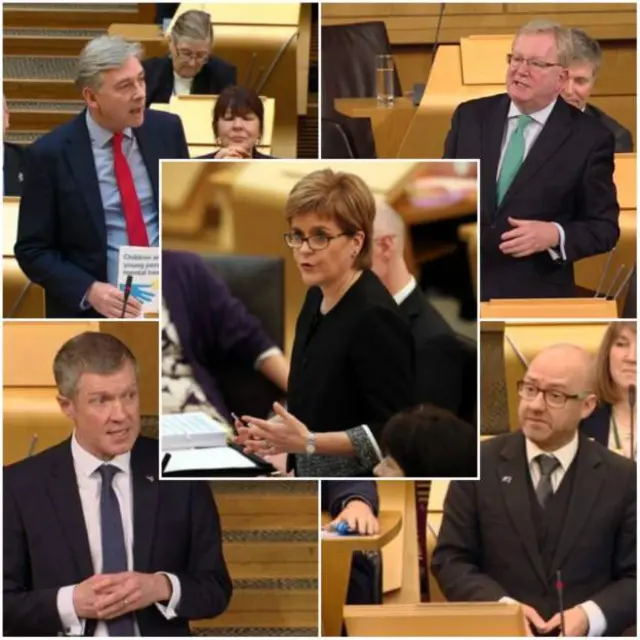 Image source, bbc
Image source, bbcAfter general questions, we'll bring you extensive coverage of first minister's questions.
SNP MSP Christine Grahame will then celebrate the Men's Sheds initiative, which provides non-profit organisations to advise and improve the overall health of all men.
After Scottish Parliamentary Corporate Body Questions, MSPs will quiz health and sport ministers during portfolio questions.
 Image source, bbc
Image source, bbcThe Scottish government will then lead a debate on land reform in Scotland.
The debate follows two pieces of legislation brought in by the SNP government
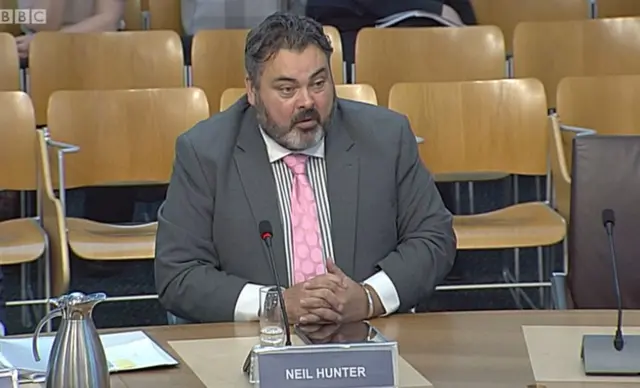
Why do we need legislation, and not simply a public awareness campaign, asks Ms Ross.
Neil Hunter from the Scottish Children's Reporter Administration says social attitudes have changed slowly, but the existence of a justifiable assault defence is what's holding us back.
"Absolute clarity is needed on the expectation of parents' behaviour."
Recalibration is needed, and new methods of discipline can be taught to families who need it, he adds.
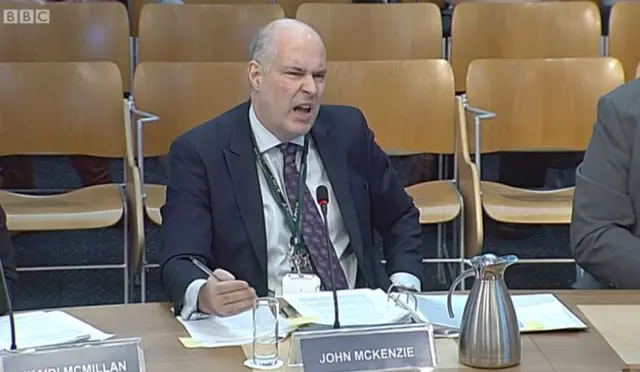
Ch Supt McKenzie says; "Let me be clear, in all my years in the public protection arena, I've never heard anybody reporting or engaging with the police about somebody getting a tap on the hand."
"What we're talking about is assault on children," he adds.
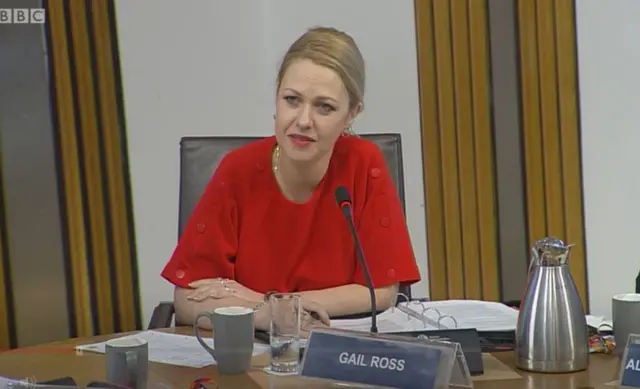
SNP MSP Gail Ross says certainly the evidence from other countries is no increase in prosecutions, but an increase in reporting.
Ms Ross asks about the impact on public services of the bill being passed.
Ch Supt McKenzie says his professional opinion is there will be an increase in reporting, but in New Zealand there has been minimal impact.
He says it is hard to ascertain the fiscal impact and more evidence is needed.
The head of safer communities with Police Scotland argues increased reporting can be seen as an advantage, he adds, concurring with Ms Ross that in time there could be cost benefits.
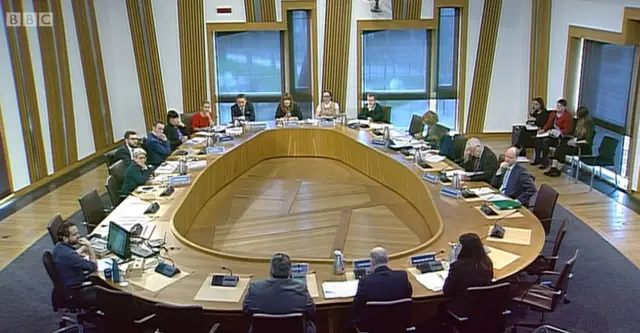
What about interfering in the right to a private family life, asks Ms Wells.
Neil Hunter from the Scottish Children's Reporter Administration says no, it won't interfere.
Ch Supt McKenzie concurs.
Mhairi McMillan from the Law Society of Scotland says it's not an absolute right.
Allow X content?
This article contains content provided by X. We ask for your permission before anything is loaded, as they may be using cookies and other technologies. You may want to read X’s cookie policy, external and privacy policy, external before accepting. To view this content choose ‘accept and continue’.
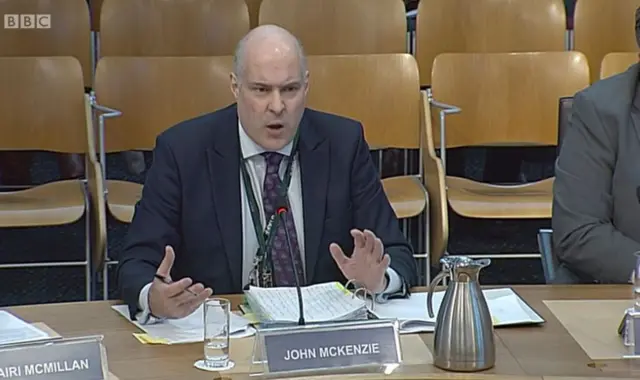
Ch Supt McKenzie says evidence shows the benefit of a public awareness campaign with legislation.
Tory MSP Annie Wells asks if the bill will lead to the criminalising of parents.
The evidence from New Zealand seems to suggest there would be no increase in prosecutions, rather an increase in reporting, says the head of safer communities with Police Scotland.
He cannot see how removal of justifiable assault would lead to the criminalising of parents.
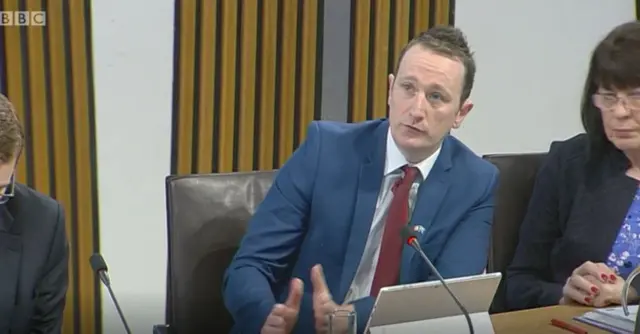
MSP Fulton McGregor wants to know whether the defence to reasonable to chastisement defence has been used in the courts.
Chief Supt John McKenzie says it has been used, but if evidence of assault is gathered, it's up to the fiscal to decide on a prosecution.
The removal of justifiable assault will not affect police procedure, he says.
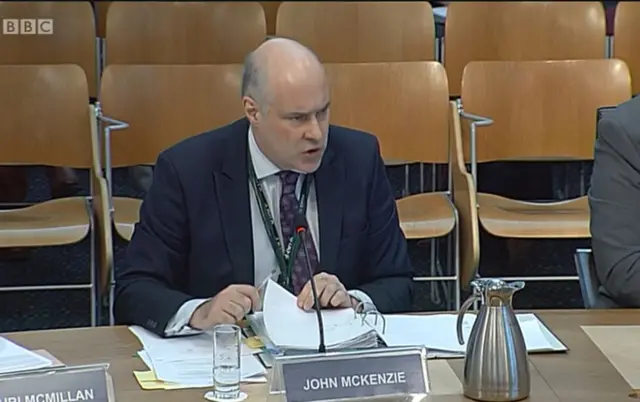 Image source, bbc
Image source, bbcCh Supt McKenzie
Lib Dem MSP Alex-Cole Hamilton asks if there will be an increase in juvenile violence and rape, citing research from Sweden.
Ch Supt McKenzie says this morning was the first time he's heard that research and will look at it.
However from research he has undertaken with colleagues from New Zealand and Ireland, he says: "I don't see any evidence base to seem to suggest that is supportive."
I have nothing to bring to the table that would suggest it would impact negatively, rather studies show it could be a good thing, he adds.
Mhairi McMillan from from the Law Society of Scotland says the research from Sweden did not make particular sense to her.
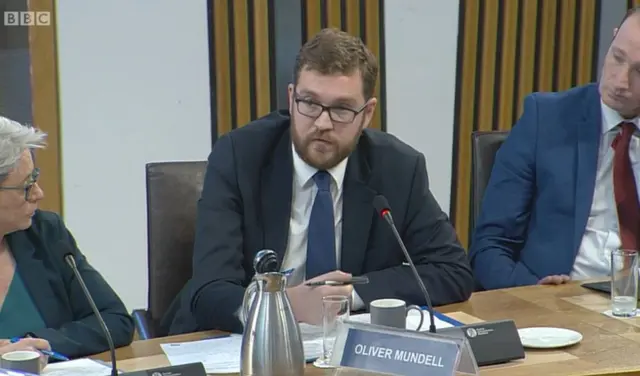
MSP Oliver Mundell asks why common law was ambiguous for defence to reasonable chastisement.
Ms McMillan responds, saying reasonable chastisement was broad, and people knew what it meant.
She adds the legal position was not what they wanted it to be.
Mr Mundell asks about possible difficulties in implementing a change in law, as outlined by the Law Society earlier this week.
Ms McMillan says she can't answer that.
Ch Supt McKenzie says the body of evidence suggests a link between violence in the home and violence in wider society.
He reiterates his point that the evidences suggests the bill supports the promotion of health and wellbeing of children and society.
Allow X content?
This article contains content provided by X. We ask for your permission before anything is loaded, as they may be using cookies and other technologies. You may want to read X’s cookie policy, external and privacy policy, external before accepting. To view this content choose ‘accept and continue’.
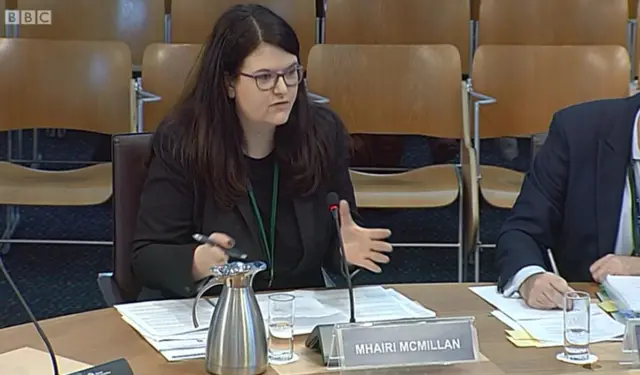 Image source, bbc
Image source, bbcMhairi McMillan from from the Law Society of Scotland
Mhairi McMillan from from the Law Society of Scotland says clarity of the law is really important.
The law is not clear at the moment, she adds.
Tory MSP Oliver Mundell argues this is not an anti-smacking bill and asks if the courts make a distinction between a smack or a whack.
At present there does have to be the intention to harm, Ms McMillan replies.
She says the common law at the moment is straightforward and serves us well and adds she can't see any issue with the way the bill is drafted.
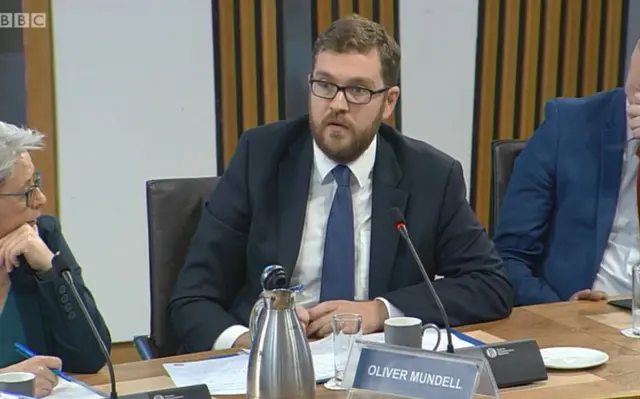 Image source, bbc
Image source, bbcTory MSP Oliver Mundell
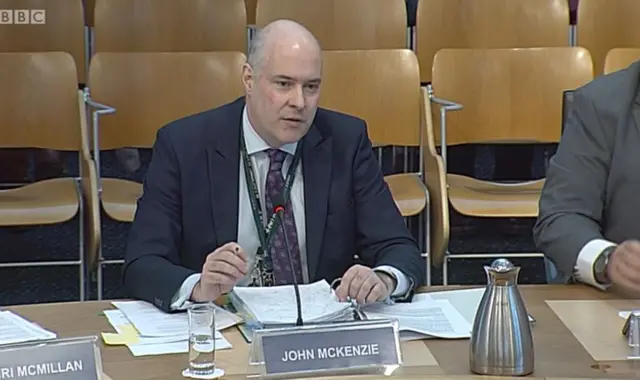
Chief Superintendent John McKenzie says Police Scotland support the parts of the bill that relate to avoiding assault.
Removing the defence to justifiable assault part of the bill he can't answer to - saying it's up to the prosecutors to respond to that.
Ch Supt McKenzie says clearly lesson can be learned from New Zealand and Ireland.
He believes there's a body of evidence to support a smacking ban, citing a survey saying 75% of people support the bill.
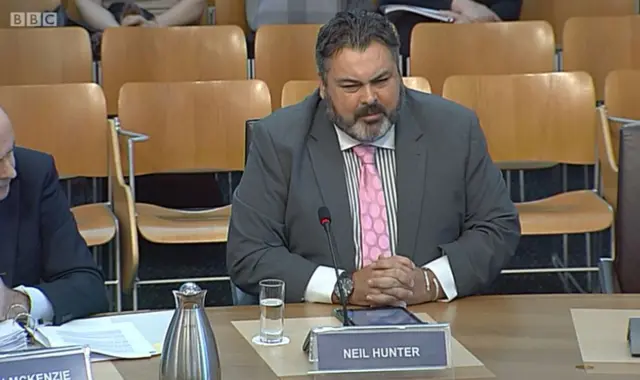 Image source, bbc
Image source, bbcNeil Hunter says the Scottish Children's Reporter Administration
Neil Hunter says the Scottish Children's Reporter Administration very much backs this bill.
Mr Hunter adds the bill backs children's rights, equal but slightly different to adults.
It brings Scotland into line with UNCRC, he says.
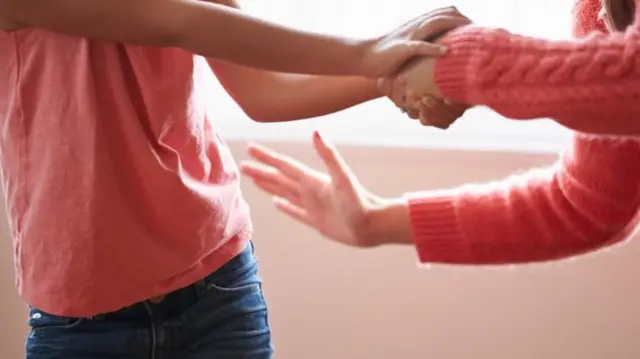 Image source, bbc
Image source, bbcThe committee will now hear from:
We'll bring you reports from the third evidence session, with Prof. Robert Lazerlere from Oklahoma State University, from 1pm.
The behavioural psychologist is against the smacking ban.
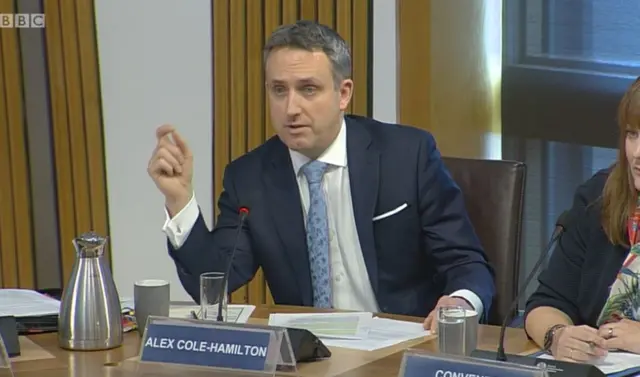
Deputy convener Alex Cole-Hamilton asks whether clarity on the ban in Ireland has been established.
Child expert Jillian van Turnhout says it has - that everyone she comes into contact with knows that smacking in not allowed in Ireland.
Does it lead to more verbal abuse, asks Mr Cole-Hamilton.
There's no rationale in that argument, and no evidence to support it, replies Ms van Turnhout.
Allow X content?
This article contains content provided by X. We ask for your permission before anything is loaded, as they may be using cookies and other technologies. You may want to read X’s cookie policy, external and privacy policy, external before accepting. To view this content choose ‘accept and continue’.
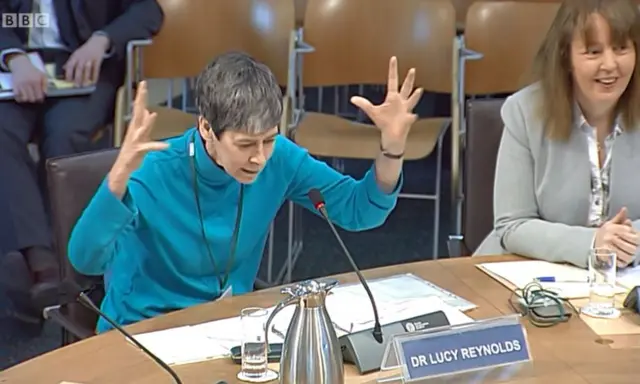 Image source, bbc
Image source, bbcDr Lucy Reynolds
Dr Lucy Reynolds says we must get rid of the law that says violence against children is justifiable.
"Clarity is the big message here," the consultant paediatrician emphasises.